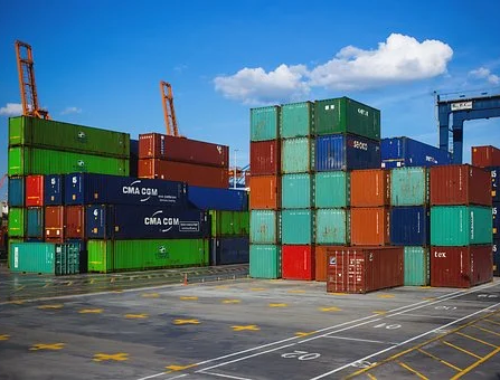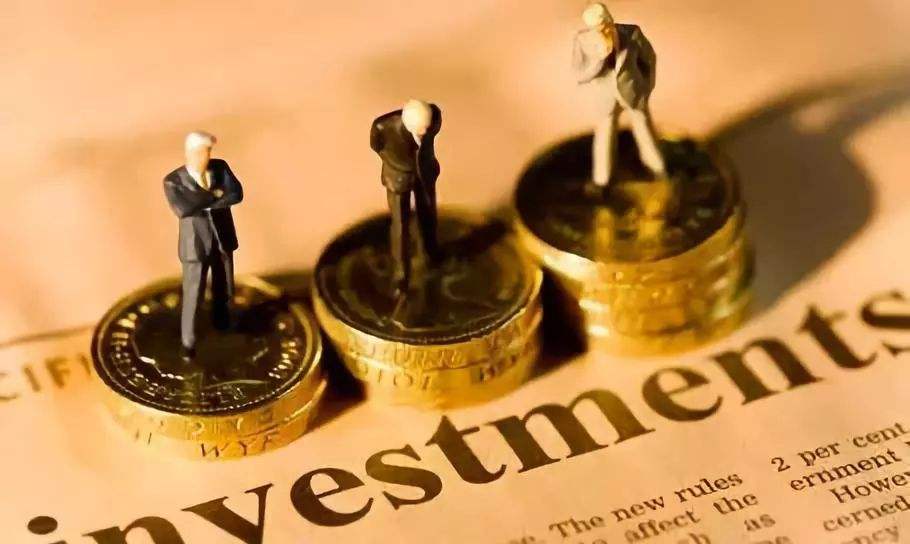
After a long process, the European Union (EU) and Indonesian Partnership and Cooperation Agreement (PCA) finally came into effect on May 1, 2014.
Negotiations with Indonesia on the PCA, the first agreement of its kind to come into effect with one of EUs South East Asian partners, began in 2005.
The Framework Agreement on Comprehensive Partnership and Cooperation between the European Community and its member states and the Republic of Indonesia was signed in Jakarta on November 9, 2009, Riaz JP Saehu, the counselor of the Indonesian embassy in Brussels, said on April 6, 2014.
Indonesia is the first ASEAN partner to have signed a PCA with the EU. Similar agreements have been signed or are currently under negotiations with Vietnam, the Philippines, Singapore, Thailand, Brunei, and Malaysia.
"I warmly welcome Indonesia as the EU-Indonesia PCA comes into effect," High Representative of the Union for Foreign Affairs and Security Policy and Vice-President of the European Commission Catherine Ashton recently remarked.
Indonesia is a key partner in a region of strategic importance for the EU and an increasingly important player in the global arena.
"We look forward to implementing the PCA together with our Indonesian partners in order to forge a more mature and broad-based relationship," she stated in a press release issued by the EU recently.
The new PCA will replace the 1980 EC-ASEAN Cooperation Agreement and will give the EU-Indonesia relations a new reinforced and stronger foundation.
The PCA provides a legal framework for further engagement between the EU and Indonesia across a broad range of areas, namely climate change and energy, trade and investment, science and technology, maritime and aviation transport.
On the political side, the PCA confirms and deepens the shared commitment of the two sides to respect democratic principles and human rights, countering the proliferation of weapons of mass destruction and combating terrorism.
The PCA gives the EU and Indonesia an instrument to address these challenges together.
In the sectoral cooperation field, the PCA will give more scope to work together in a wide range of areas, such as migration, legal cooperation, customs cooperation, education, culture, transport and tourism, as well as the fight against corruption and organized crime.
The EU emphasized that the PCA is a key vehicle to boost the EU-Indonesia relations. The EU added that the agreement reflected a renewed commitment to reinforce the growing ties between the EU and Indonesia.
Also, in line with the PCA, the 28-member EU has the legal responsibility to support and respect Indonesias sovereignty and territorial integrity.
Indonesian Ambassador to Belgium, Luxemburg, and the European Union Arif Havas Oegroseno is optimistic that Indonesia will benefit from the PCA.
The EU is one of the worlds leading centers of technology that can be beneficial to Indonesia, the ambassador noted in a press release.
Oegroseno pointed out that the EU is also an important market for Indonesian products.
The EU and Indonesia have enjoyed a strong and positive trade relation. There are still abundant opportunities for European business in Indonesia.
The investments of the EU in Indonesia reached around 50 billion euros from over 700 EU companies, which provides direct employment to an estimated 500,000 people, according to the European Business Chamber of Commerce in Indonesia (www.eurocham.or.id).
According to the Indonesian Ministry of Trade statistics, in 2011 total trade between the EU and Indonesia increased by 22.3 percent to 25 billion euros.
The largest category of EU imports from Indonesia is in agricultural products, mainly palm oil, fuels and mining products, textiles and furniture. EU exports to Indonesia consist mainly of machinery and transport equipment, chemicals and various manufactured goods.
Following the signing of the Forest Law Enforcement, Governance and Trade - Voluntary Partnership Agreement (FLEGT-VPA) between the EU and Indonesia, in September 2013, Indonesias exports of timber and wood products to the EU have increased, according to the Indonesian embassy in Brussels.
The exports were expected to further increase by over 10 to 25 percent after the full operation of the Partnership Cooperation Agreement (PCA) between the EU and Indonesia at the end of this year, Ambassador Oegroseno said.
Indonesias timber and wood product exports from September 2013 to March 2014 rose to US$260.3 million, an increase of US$17.6 million or 7.2 percent, from US$242.8 million during the same period last year.
The Indonesia-EU FLEGT-VPA was signed by Indonesias Forestry Minister Zulkifli Hasan, European Commissioner for the Environment Janez Potocnik, and Environmental Affairs Minister Valentinas Mazuronis, representing the Lithuanian presidency of the EU Council of Ministers, in Brussels in Belgium, on September 30, 2013.
Indonesia is the first Asian country and the largest timber exporter to sign such an agreement, which aims to ensure that all Indonesian timber entering the EU market is produced legally and has passed all legal verification channels with the EU.
Four African countries---Cameroon, the Republic of Congo, the Central African Republic, and Ghana---have already signed similar agreements with the EU.
The pact is expected to help fight the trade in illegal timber, a driver of environmentally damaging deforestation in the Asian country, which has the worlds third-largest forest coverage after Brazil and the Congo.
The agreement, which covers a licensing system related to timber exported by Indonesia to the 28 EU member nations based on the Timber Legality Verification System, was hailed by parties engaged in environmental preservation as well as the forestry industry.
The success of the FLEGT-VPA implementation can become a barometer of the Comprehensive Economic Partnership Agreement (CEPA) between Indonesia and the EU, which is currently being treated as an exercise.
The first strategic dialog between the Indonesian foreign minister and the EUs high representative for foreign affairs and security policy is scheduled to be held in Indonesia in the middle of this year, to strengthen the already sound cooperation further.



























 沪公网安备31010402003309号
沪公网安备31010402003309号